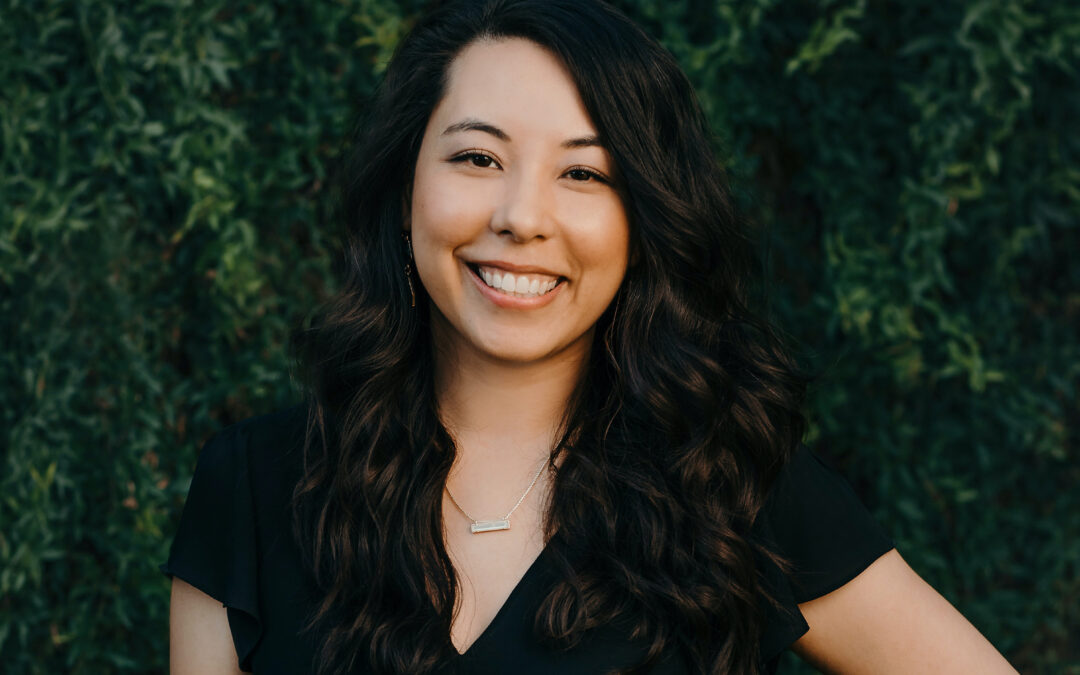I remember the plate of spaghetti and the look on his face.
It was a mundane family dinner, all of us gathered around our poorly lit dining room table, seated in the same configuration that the four of us settled into every night.
I made a self-deprecating joke, the kind that belies the insecurity that hovers just under the surface. I can’t recall the exact words now, but I do remember the punchline:
“… but I’m not that great of a mom.”
Years of postpartum depression had driven this message straight into my brain, burrowing itself into deep wells that spilled over with painful regularity.
The words were barely out of my mouth when my youngest son looked at me with questioning eyes and a furrowed brow. “But you’re the best mom ever,” he said, with genuine astonishment. His straightforward innocence left me speechless.
I’ve been telling stories in one way, shape, or form nearly all my life and throughout my professional career. But what I learned in that tender moment is that the most important story you tell is the one you tell about yourself.
My son gave me a gift that day: he shook me out of my own narrative, and showed me a different picture, a kinder picture, than the one I’d crafted and believed for so many years. It was a fundamental shift that allowed me to reset how I felt about myself as a mom, and gave me the ability to discard the shame and negativity that I’d heaped on myself for years.
Humans love stories in part because they help us make sense of the world. But without care and intention, our stories about ourselves can rob us of the ability to live life with joy and freedom.
From a very young age, we get locked into stories about ourselves. Well-meaning questions like “what do you want to be when you grow up?’” drive us to view ourselves through a narrow scope. High school kids are pushed to pick a major, sometimes even a whole career, before they even set foot on a college campus!
The pressure to label, categorize, and clarify our lives is strong.
I felt this acutely, growing up as a mixed race kid. Was I Mexican enough? Korean enough? I always felt like an ‘other’ – I didn’t know anyone else who looked like me, with a family like mine. Instead of seeing the beautiful tapestry of culture and heritage, I wanted a single box to check to make it all easier.
I feel it again now, as I step into a new role as Chief Operating Officer here at Javelina. Right on cue, old stories I’ve told myself about myself bubble up to the surface – am I good enough? Can I do this?
Yes I am, and yes, I can. Here are some of the ways I challenge narratives that might hold me back – I encourage you to examine your own stories and see what you find!
Embrace complexity: What depths, imperfections, and juxtapositions live within you? How do these show up in your everyday life? In what ways do you and others benefit?
Flip the script. What’s the most generous telling of your story that you can imagine? The most compassionate?
Get a second opinion. How do others describe you? What do they see in you that you may not be able to recognize in yourself?
Once you know the stories that best serve you, the secret sauce to embedding those narratives is to make sure you have a supportive community cheering you on. I’ve had the incredible good fortune to do work I care about with so many dedicated people at Javelina over the last four years. It’s precisely because of the community we’ve cultivated and the values we’ve nurtured together that I feel so excited, energized, and ready to use my new role to not only deepen our impact for our clients, but to ensure that Javelina is the absolute best values-driven place to work in the country.
When we challenge the stories we tell ourselves, we reimagine who we are. We see ourselves in different lights. We can shed the false ideas that are holding us back and emerge completely new. When we do that, we can fundamentally change what is possible for us – and when we do that, we can change the world.

